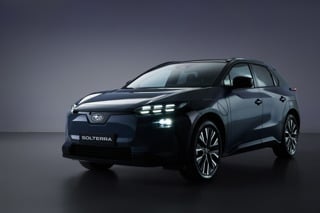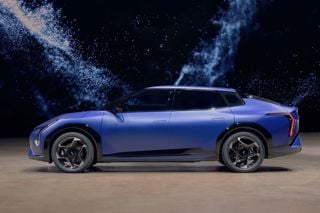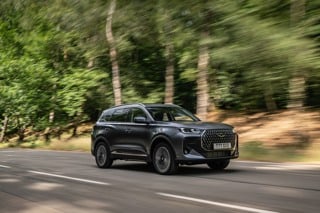Engine remapping has suffered from a boy-racer image as one of the non-cosmetic modifications to small hatchbacks or as the cause of a plume of soot when a diesel car sprints along the outside lane at high speed.
But a Bromsgrove-based engine tuning firm is working to improve remapping’s reputation while offering fleet operators the chance to reduce operating costs.
Viezu specialises in remapping cars and vans by way of ‘optimising’ the efficiency of the vehicle according to how it will be driven.
Vehicle manufacturers have made impressive strides in cutting fuel consumption and CO2 emissions in recent years. So why, if Viezu could make further improvements through remapping, aren’t car and van companies achieving it themselves?
“Cars are produced globally to be sold into various markets and different climates,” said Viezu general manager Alasdair Maclachlan.
“So vehicle manufacturers can’t offer specific mapping according to individual requirements.
“Although vehicle manufacturers have improved fuel efficiency and CO2 emissions over the past few years, you have to buy a new vehicle to take advantage of that. Even after that we can still offer improvements.”
The company offers a product called Blue Optimize which was instrumental in it winning the UK Chamber of Commerce Innovation In Technology award in 2011. It can actually increase power and torque while delivering reduced fuel consumption and emissions.
All economy tuning is developed in-house on Viezu’s 3,000bhp rolling road and at its Euro5 emission certified research and develop-ment centre in Bromsgrove. It also has dozens of dealers in the UK.
Blue Optimize customers include UK-based endurance racing teams to whom a small improvement in fuel economy without harming performance can mean the difference between success and failure.
But much of Viezu’s work for fleet clients is around limiting torque and speed on commercial vehicles, and the company said the reduced fuel costs can be amplified further when used in conjunction with driver training.
As well as reducing fuel costs, Maclachlan said further savings could be made through reduced wear and tear on other components such as clutches and tyres, which could be crucial for light commercial vehicle fleets whose replacement cycles may be between six and 10 years.
He added that any modifications had a subtle impact on the performance of the vehicle, making it difficult for drivers to notice any changes had been made, while at the same time encouraging earlier upshifts and reducing the time spent at higher revs.
“All our work is guaranteed and insured by RSA against failure as a direct result of our modifications. But we only make changes within the tolerances of the vehicles,” said chief executive Paul Busby.
Busby said Viezu prefers to work with out-of-warranty vehicles – it has not spoken to manufacturers about in-warranty remapping – but always uses an independent engineer to investigate the cause of any failure.
He said in the few cases so far where a defect was found, it was in the vehicle rather than caused by the remap.
He added that if a vehicle is serviced by a franchised dealer who resets the ECU during the service, Viezu will restore its settings free of charge.
Cost varies depending on volume, with a typical charge of £300 per vehicle for a small fleet with the return on investment taking between one and two years, although for larger fleets the cost, including speed limiting and throttle limiting, can be less than £100 per vehicle with payback after around three months.
Busby added that Viezu was on the verge of announcing an agreement with one of the UK’s largest fleets.
“We’re making vehicles work more efficiently and want to change the reputation of engine tuners,” he said.



















Login to comment
Comments
No comments have been made yet.